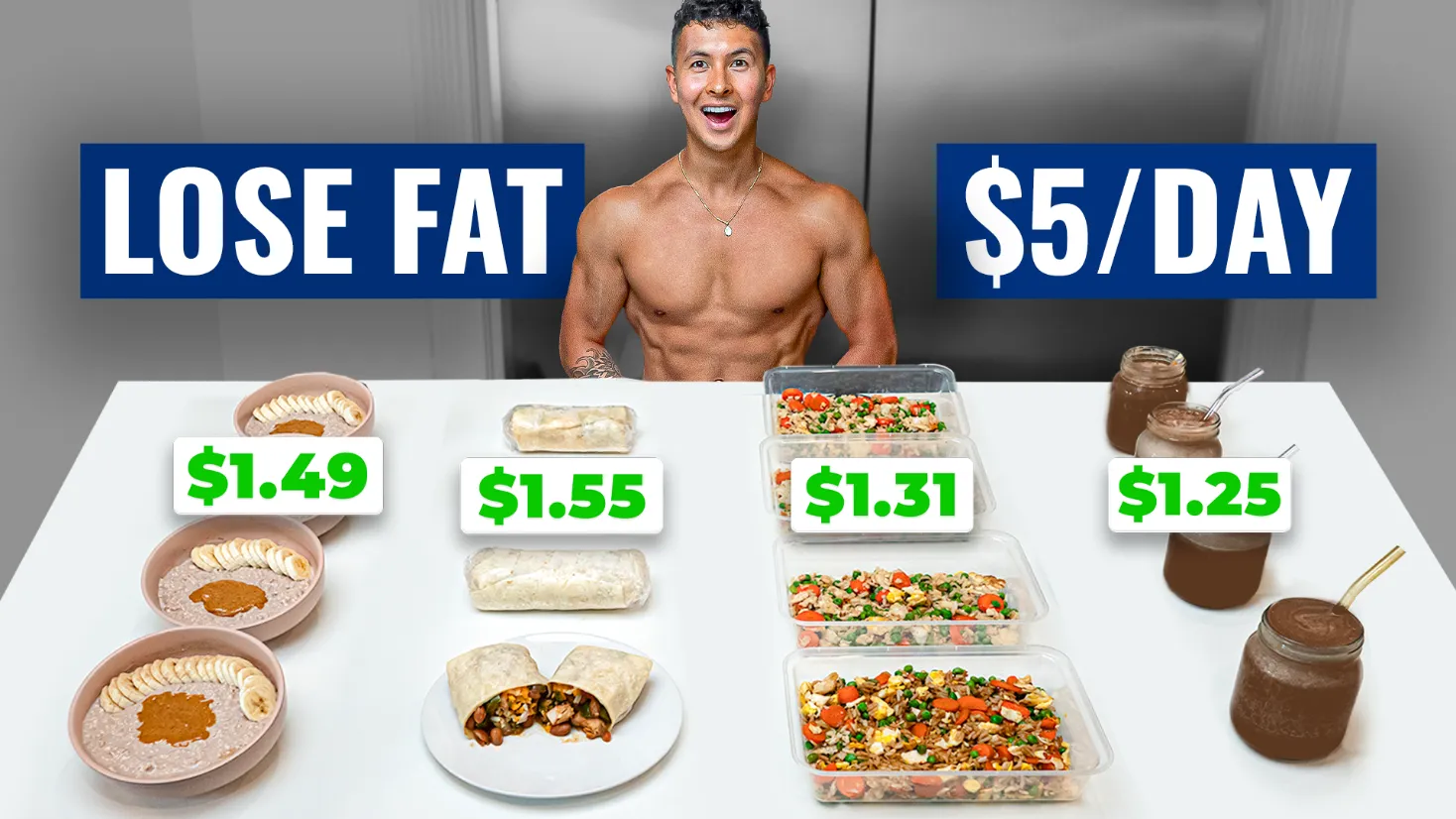Under the Microscope: Tailored Meal Plans for Every Fitness Level

Exploring the realm of dietary plans can feel intimidating, especially with the abundance of options available today. Whether you are beginning your wellness journey or looking to improve your nutrition, understanding the diverse categories of diets is crucial. This resource will help clarify the most common diet types, making it more straightforward for you to find the one that fits with your way of life and wellness aims.
From trendy low-carb strategies like Keto to cardiovascular-friendly approaches such as the DASH eating plan, each nutrition plan comes with its specific set of advantages and disadvantages. We’ll explore how these diets affect your health and give you information into which might work best for you. With a little knowledge, you can make an informed decision about your eating journey, guaranteeing that it suits not only your body's needs but also your personal preferences.
Overview of Popular Diet Plans
As we explore the different kinds of dietary approaches, it is essential to recognize that all these methods fulfills multiple health objectives and lifestyles. Popular diets such as the Mediterranean, Keto, and Paleo have gained traction in recent years due to the benefits they provide. The Mediterranean diet, for example, highlights natural foods, good fats, and vegetable-based dishes, prompting numerous health professionals to support it for its heart-healthy properties. In contrast, the Keto diet concentrates on high fats and low carbohydrates, forcing the body into a state of ketosis to convert fat into energy. Understanding these fundamentals helps individuals identify what aligns with their fitness levels.
Besides traditional diets, contemporary approaches like intermittent fasting and plant-based eating are transforming how people relate to food. Intermittent fasting emphasizes cycles of eating and fasting, which can serve in weight loss while giving the body a break. The plant-based diet, often mixed up with veganism, promotes consuming more fruits, vegetables, grains, and legumes, focusing on health and sustainability. Each of these diets features its own set of guidelines, making it important for individuals to consider their objectives before committing.
Furthermore, those navigating specific health conditions can benefit from specialty diets. The DASH diet, designed to combat hypertension, reduces sodium intake while supporting fruits and vegetables. The FODMAP diet is designed for those with digestive issues, helping them to identify food triggers that may exacerbate discomfort. By understanding these specific diets, individuals can take informed choices that meet their unique health needs, ultimately leading to a more fulfilling life.
Comprehending Nutritional Benefits and Disadvantages
When assessing multiple diets, one must essential to balance their benefits against potential disadvantages. Numerous popular diets, including the Ketogenic and Paleolithic diets, promise significant weight loss and improved energy. However, they can also lead to a lack of nutrients if not handled properly. It’s vital to comprehend what your body requires and the way various diets can fulfill or compromise these food requirements.

Dieting often necessitates changes to one’s lifestyle that may not suit all people. For instance, the Mediterranean-style diet plan is commended for its cardiovascular effects, but it may not appeal to those who prefer quick results or have hectic schedules. On the other hand, diets like intermittent fasting could help with losing weight, but they could be hard to maintain in the long run for certain people. Everyone's relationship with food is unique, and what works wonders for one person may not be appropriate for another.
In addition, the psychological and emotional factors of dieting should not be ignored. Diets that are overly limiting can develop unhealthy relationships with food, causing feelings of shame or anxiety. Choosing a diet that fits your lifestyle and supports sustainable sustainability is crucial. Understanding the advantages and disadvantages of each option can help guide you to a balanced approach that supports both your bodily health and mental health.
Selecting the Best Diet for Your Lifestyle
Choosing a diet that fits seamlessly into your way of life is crucial for sustained success. Start by evaluating your daily routine, preferences, and fitness goals. For instance, if you lead a hectic life and prefer ease, a meal-prep friendly diet like the Mediterranean may work for you, as it focuses on nutrient-rich foods and can easily be adapted for preparation in bulk. Conversely, if you thrive on structure and love cooking, plans like Paleo or the Whole30 could provide the discipline and diversity you need.
Consider your food limitations and moral values when choosing a nutritional plan. If you are lactose intolerant or have gluten sensitivity, nutritional plans such as no gluten or plant-based can address these concerns while providing essential nutrients. Additionally, if sustainability is a priority to you, considering a semi-vegetarian diet or alternative sustainable eating options can match your food choices with your principles, enhancing both your health and the environment.
Lastly, consider your interactions with others and how a specific diet could impact it. Diets that encourage communal dining, like the Mediterranean nutritional plan or even the flexitarian method, can turn social gatherings enjoyable rather than stressful. On click this site , strict diets might isolate you during meals with friends or family. Discovering a nutritional plan that harmonizes your health goals with your lifestyle and social needs is crucial to achieving and maintaining lasting outcomes.
